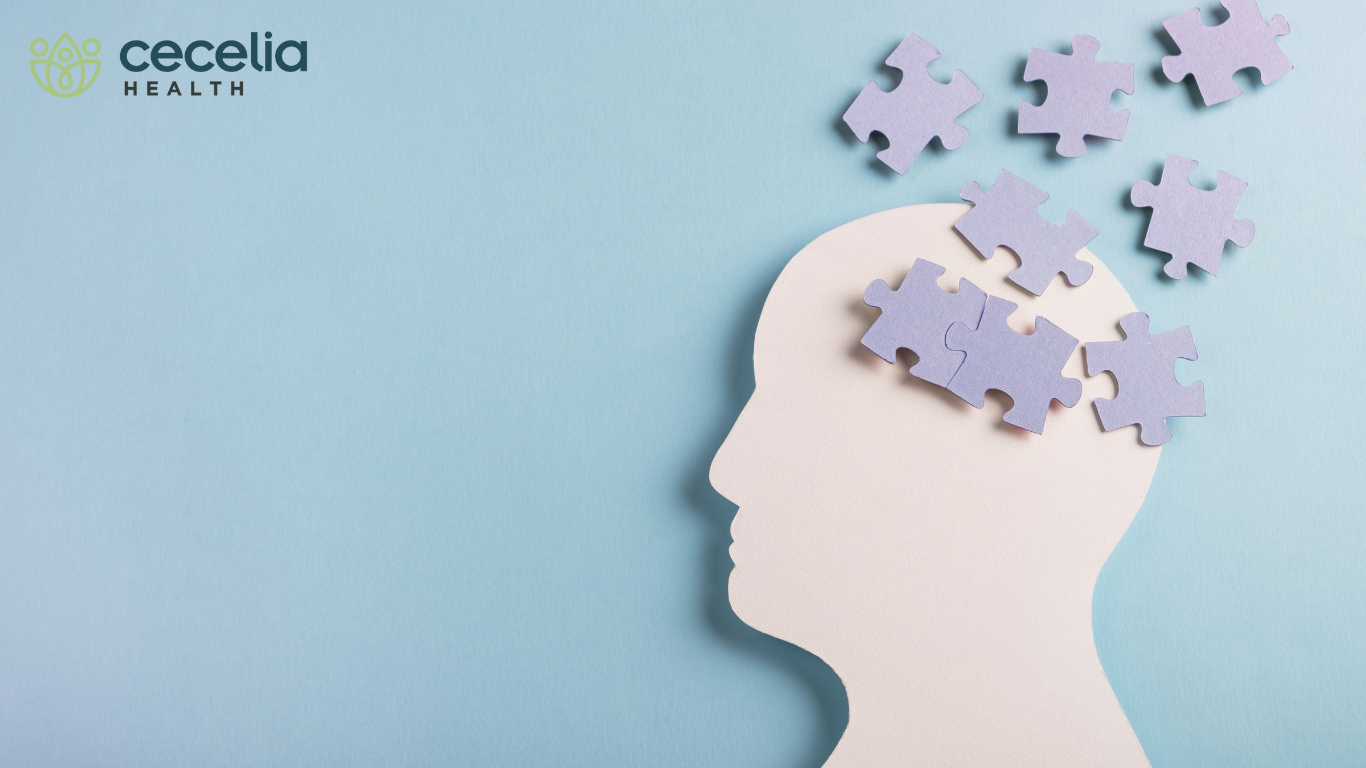Mental Health Awareness is aimed at raising awareness about the importance of mental health, reducing the stigma associated with mental health issues, and promoting the understanding that mental health is as vital as physical health. Mental health conditions are common; nearly one in five adults in the U.S. experiences mental illness each year. Understanding the signs of mental health challenges and seeking help is vital to health.
If you or someone you know needs help with mental health, taking the right steps is crucial. Here’s a guide on what to do:
1. Acknowledge the Need for Help
- Recognize that you’re struggling, and that seeking help is a positive, proactive step. Mental health is as important as physical health, and getting help is a sign of strength.
2. Talk to Someone You Trust
- Share your feelings with a trusted friend, family member, or mentor. Sometimes just talking about your situation can provide relief and help you gain perspective.
3. Consult a Mental Health Professional
- Therapist or Counselor: Schedule an appointment with a licensed therapist, counselor, or psychologist. They can provide therapy or counseling to help you manage your mental health.
- Psychiatrist: If needed, a psychiatrist can evaluate your condition and prescribe medication if it’s considered appropriate for your situation.
- Primary Care Physician: Sometimes your regular doctor can offer initial guidance and refer you to a specialist.
4. Utilize Mental Health Hotlines and Online Resources
- Crisis Hotlines: If you’re in immediate distress, reach out to a crisis hotline. In the U.S., you can call the National Suicide Prevention Lifeline at 1-800-273-8255 or 988 for crisis intervention.
- Text Services: You can text HOME to 741741 (Crisis Text Line) to connect with a trained crisis counselor via text.
- Online Therapy Platforms: There are online platforms that can connect you with a therapist online. Also check with your insurance company about coverage for virtual mental health support.
5. Reach Out to Support Groups
- Look for support groups in your community or online. Groups like the National Alliance on Mental Illness (NAMI) offer support for various mental health issues, and connecting with others who understand can be very helpful.
6. Create a Safety Plan
- If you experience thoughts of self-harm or suicide, it’s crucial to have a safety plan in place. This can include:
- Listing trusted contacts to reach out to.
- Identifying coping strategies to use when feeling overwhelmed.
- Removing or securing harmful objects from your environment.
- Going to a safe place, like a friend’s house or a hospital, if necessary.
7. Practice Self-Care
- Incorporate daily self-care practices like:
- Exercise: Regular physical activity can improve mood.
- Healthy Eating: A balanced diet can positively affect your mental health.
- Sleep: Ensure you get enough rest.
- Mindfulness or Meditation: Techniques like deep breathing, meditation, or yoga can help reduce stress.
8. Stay Connected
- Maintain social connections, even if it’s difficult. Isolation can worsen mental health issues, so try to stay engaged with friends, family, or support networks.
9. Educate Yourself
- Learn more about your symptoms or condition. Understanding what you’re going through can empower you to take appropriate action and find the right kind of help.
10. Follow Through with Treatment
- If you’re prescribed medication or therapy, stick with the treatment plan, even if you start to feel better. Consistency is key in managing mental health.
11. Avoid Substance Use
- Avoid using alcohol or drugs as a way to cope. Substance use can worsen mental health symptoms and create added challenges.
12. Set Small, Achievable Goals
- Start with small steps to manage your mental health, such as setting daily routines or goals that you can gradually build on.
13. Emergency Action
- If you or someone else is in immediate danger due to a mental health crisis, call emergency services (911 in the U.S.) or go to the nearest emergency room.
Taking these steps can guide you or someone you care about toward the help and support needed for better mental health.
